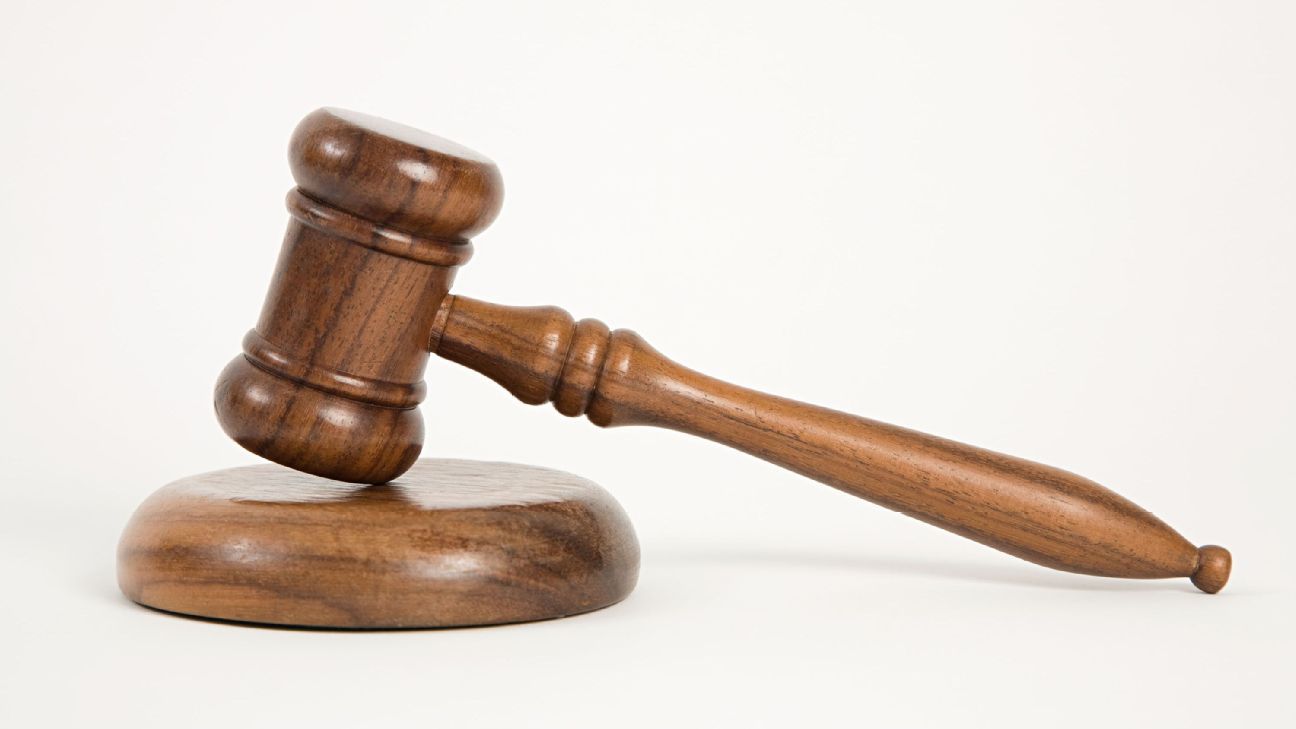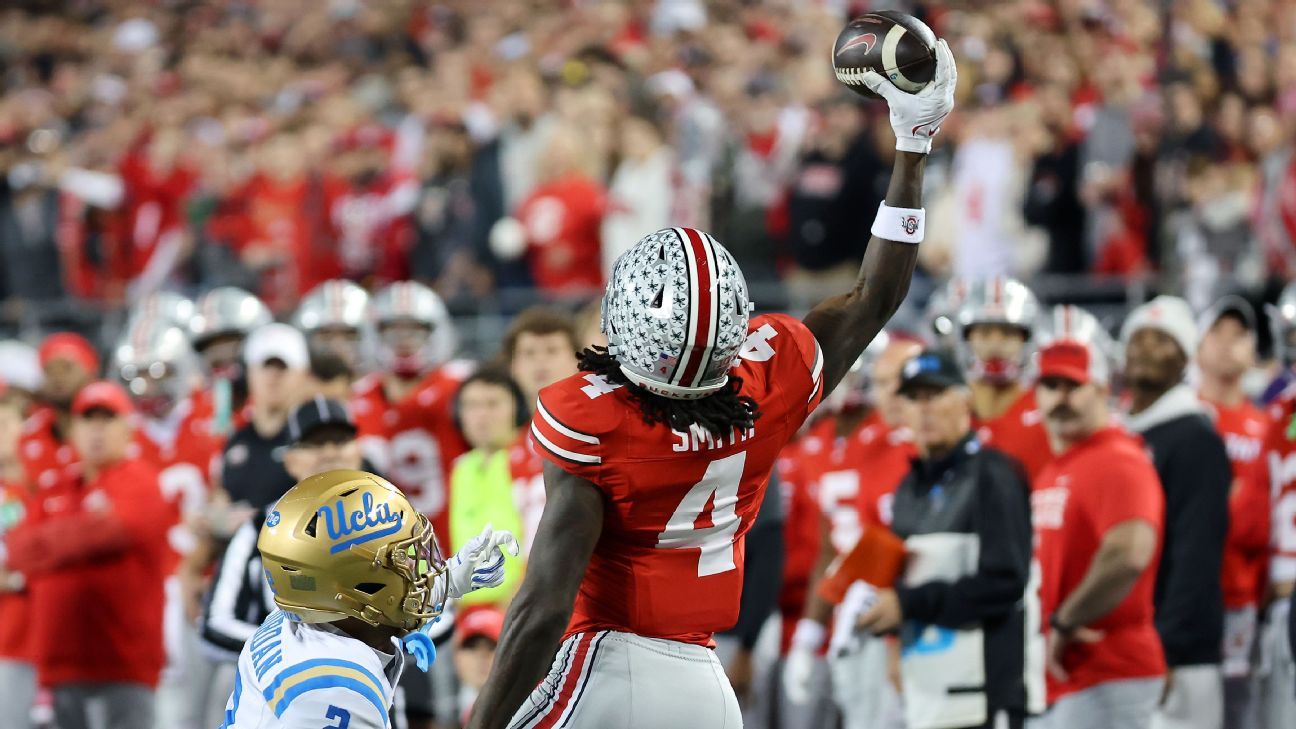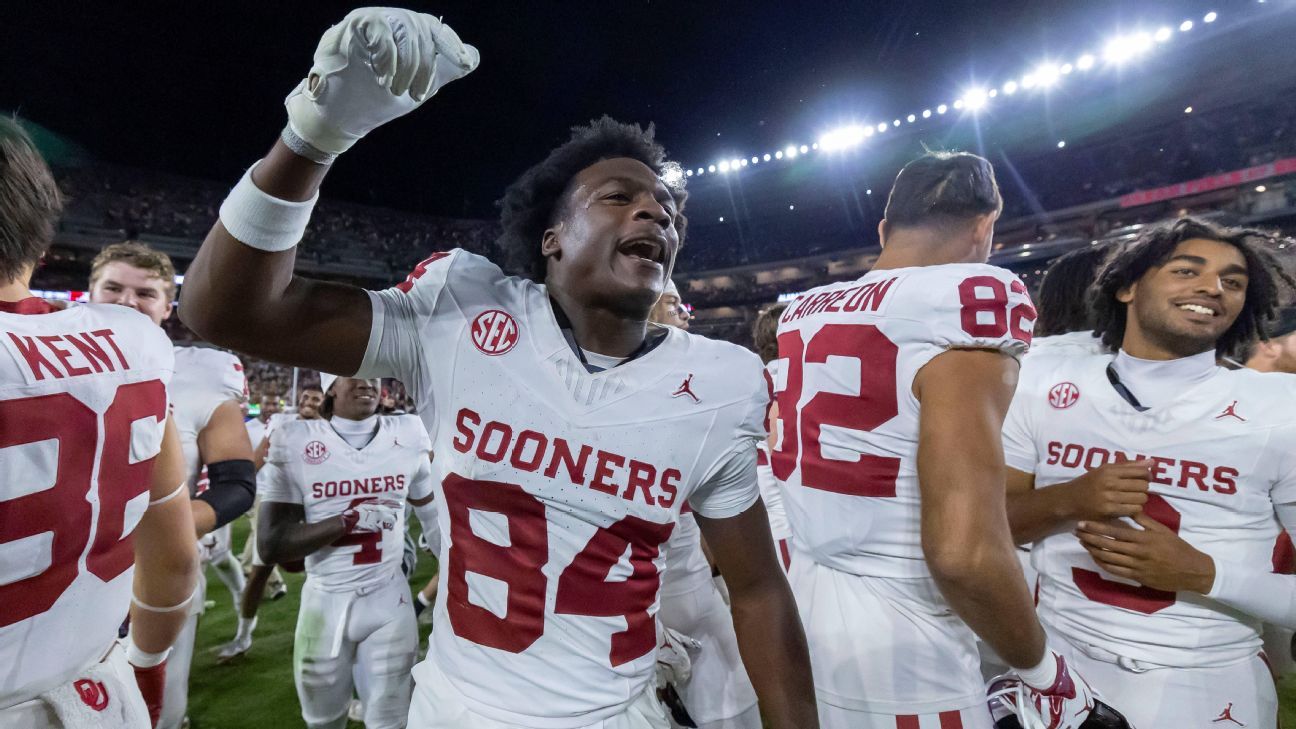A federal lawsuit brought by more than 35 Iowa college athletes against state investigators was dismissed Wednesday, as a judge ruled that investigators were immune in obtaining athletes’ sports betting data, even though their search would be classified as unconstitutional.
In April 2024, current and former athletes from the University of Iowa, Iowa State and Ellsworth Community College filed a lawsuit, alleging that state criminal investigators violated their constitutional rights by using geolocation software, without a warrant, to track activity on their cell phones from inside the schools’ athletic facilities. The investigation resulted in some criminal charges but even greater loss of NCAA eligibility, which ended the college careers of many athletes.
Agents with the Iowa Department of Public Safety, Criminal Investigation Division, had access to geolocation software through the Canadian company GeoComply, which tracks users from major online sportsbooks like DraftKings and FanDuel. The athletes’ lawsuit alleged that while search warrants were obtained for their cell phones, those warrants were “invalid and unconstitutional” because the information used to justify them was obtained without a warrant.
U.S. District Judge Rebecca Goodgame Ebinger wrote in her decision that the state search was unconstitutional when applying Fourth Amendment principles, but that the DCI investigators had qualified immunity because the plaintiffs’ rights had not been clearly established at the time of the investigation. Seven Iowa officials were named in the lawsuit, including DCI Special Agent Brian Sanger, who led the investigation into athlete betting.
“Plaintiffs do not cite any controlling authority or strong set of persuasive authorities to clearly establish this right, nor can they do so,” Ebinger wrote. “The ability to surveil an individual’s historical geolocation data using an app’s verification system is new and courts have not yet reached consensus on the constitutionality of such searches.”
He later said: “Since the unconstitutionality of the historical geolocation searches conducted by the defendants was not clearly established, the defendants are entitled to qualified immunity.”
Ebinger also ruled that the state had immunity from subpoenas for defendants’ information, even though the search was unconstitutional, because these rights were not established at the time. And because match-fixing is a felony in Iowa, the subpoena “had a legitimate purpose,” she wrote in the decision.
Sixteen of the plaintiffs in the federal case faced criminal charges, and 12 of them pleaded guilty to underage gambling. Four athletes were charged with identity theft, a felony, but their cases were dismissed after prosecutors in Story County filed a motion responding to arguments raised by defense attorneys, saying that new evidence showed that state investigators “exceeded the scope of its permitted use” of GeoComply’s program.
The athletes’ betting data included some bets on events involving their teams or others at their schools, or on professional sports games. The NCAA banned all such bets.












